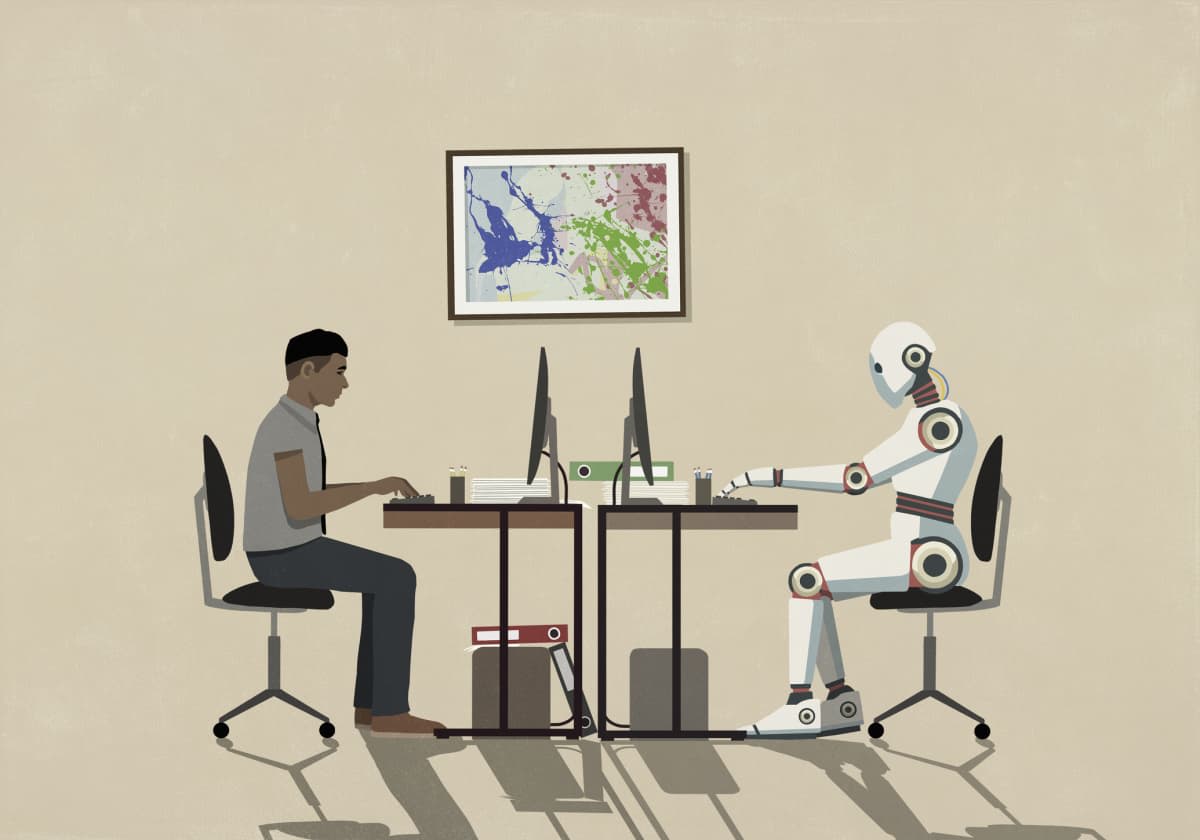New MIT study warns of troubling trend in how AI could replace millions of America jobs

The possibility of AI completely replacing human beings in many professions has been the subject of a heated debate. Now the Massachusetts Institute of Technology has released a new study that suggests artificial intelligence can already replace about 11.7% of the U.S. workforce. The new report released on Wednesday sheds light on the rapid pace of technological development. The collaborative study found that AI can already have a $1.2 trillion impact on wages across finance, health care, and professional services.

The estimate was shared by a joint project, the Iceberg Index, from MIT and Oak Ridge National Laboratory (ORNL), a federally funded research center in Tennessee. As per the official website of the project, the Iceberg Index “simulates an agentic U.S.—a human-AI workforce where 151M+ human workers coordinate with thousands of AI agents.” With these simulations, the project creates scenarios depicting the ripple effects of "AI capabilities across thousands of human skills in the economy" and their exposure to AI disruption. The model categorizes millions of workers by skills, tasks, occupations, location, and more, mapping over 32,000 skills and 923 occupations across 3,000 counties of the country.
In the report titled "The Iceberg Index: Measuring Workforce Exposure in the AI Economy," the researchers analysed more than 13,000 AI tools and found that in some cases AI can augment human efforts while in other cases it is entirely transformative. The report suggests that AI's uses extend far beyond some of its most visible applications, such as writing computer code. The report notes that Financial services firms are already using AI for document processing and analytical support. Furthermore, in healthcare, AI is being used to handle administrative tasks, allowing clinical staff to focus on patient care. In logistics, operations integrate AI-powered systems to enhance fulfillment and help oversee demand for maintenance and coordination roles.

The report further noted that AI is already doing some of the entry-level jobs across industries that were historically taken up by fresh graduates or inexperienced workers. "AI systems now generate more than a billion lines of code each day, prompting companies to restructure hiring pipelines and reduce demand for entry-level programmers," the researchers noted.
The report further noted that the tip of the iceberg, which is visible, such as the layoffs and role shifts in tech, represents only 2.2% or about $211 billion of total wage exposure. However, beneath the surface, the total exposure is estimated to be $1.2 trillion in wages, as AI can impact routine functions in several departments, including human resources, finance, and office administration, or about $211 billion. Beneath the surface lies the total exposure, the $1.2 trillion in wages, and that includes routine functions in human resources, logistics, finance, and office administration. The report mentioned that some of that impact is already visible with IBM reducing HR staff through AI automation, Salesforce freezing hiring for non-technical roles, and McKinsey projecting 30% of the financial tasks to be automated by 2030.

As per CNBC, the Iceberg project is not positioned as a finished product, and it isn't presented as a prediction engine about when or where jobs will be lost due to AI. The research is meant to provide a snapshot of what AI systems can already do to help policymakers structure legislation.
More on Market Realist:
Worried AI might replace your job? A new Gartner report predicts a surprising twist
OpenAI just issued a major warning about AI threats — should you be worried?
Walmart CEO quietly warns its 2 million workers about AI’s impact: ‘Every job will change’




















